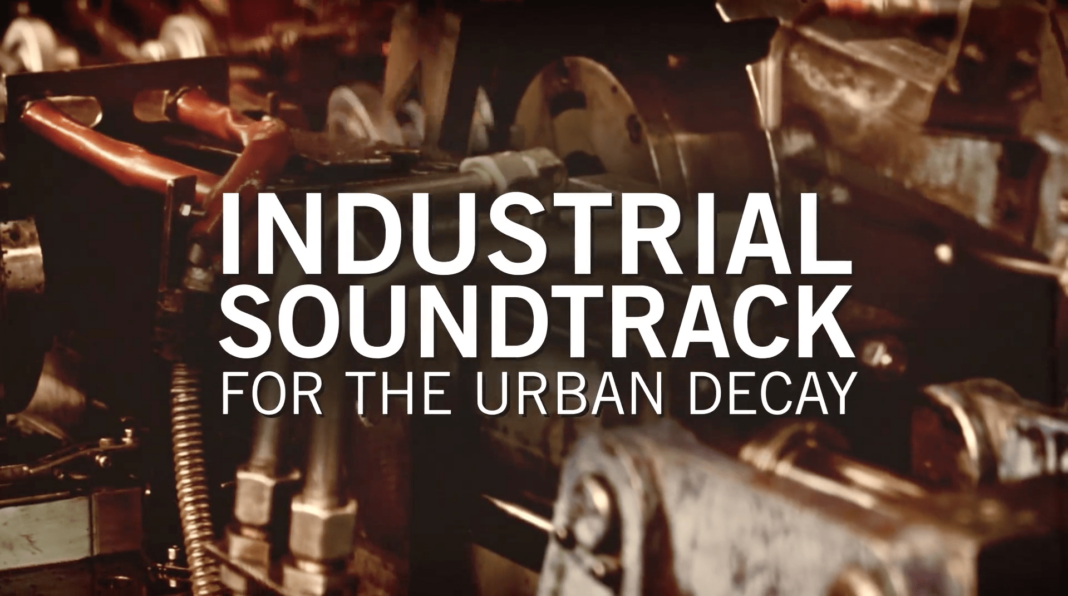“Industrial Soundtrack for the Urban Decay” (2015) is a documentary film that delves into the origins and evolution of industrial music. Directed by Amélie Ravalec and Travis Collins, the film presents the roots and motivations of industrial music and noise artists in the late 1970s and the 1980s, mainly from the UK and U.S. The documentary uses archival footage and interviews with artists and bands like Cabaret Voltaire, Throbbing Gristle (Genesis P-Orridge), Test Dept, In the Nursery, Click Click, Non, and Spk.
In the interviews, industrial music’s various influences as an art movement include Dadaists, Surrealists, J.G. Ballard, William S. Burroughs, and the Beat Generation writers. The musicians primarily mention their memories and experiences living in factory environments as personal impetus. Growing up in the post-Second World War era and rejecting the mainstream consumer culture, these artists built a DIY musical style that uses sounds inspired by the industrial environment and made aggressive and noise elements part of popular culture. For music production and distribution, the experimental usage of percussive elements, tape recorders, and synthesizers, together with producing records at home or via small record companies, are common practices within the genre.
The live performances of the bands featured experimental light designs, forensic imagery, and even moments where the audience was shown to themselves. Some attendees report intense tactile sensations during these shows, underscoring the emphasis on sensory overload.
The documentary both covers the music itself but also touches on broader sociopolitical contexts, like the economic decline in the UK and the post-industrial landscape, which played a role in the genesis of this genre, which was against the austerity practices during the Thatcher era. Some bands also were touring the country and trying to engage with the working class, such as mine workers in the 1980s.
The documentary wraps up by defining industrial music as an obscure, extreme, and taboo movement, a precursor to the rave culture.

